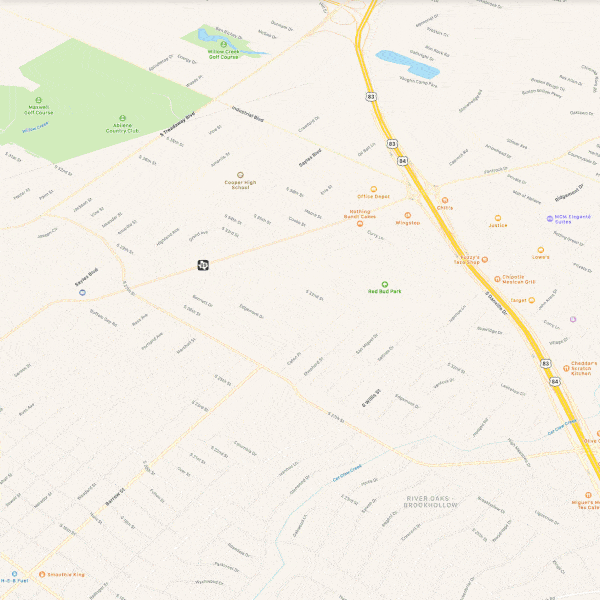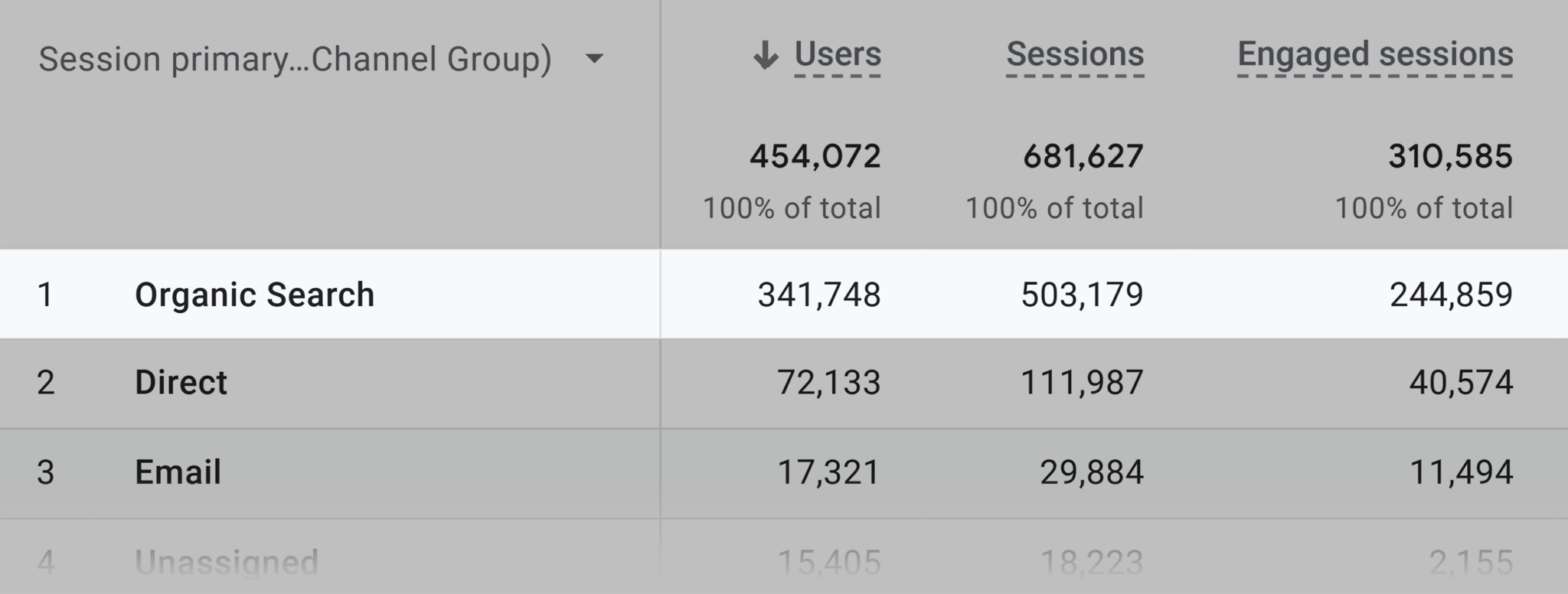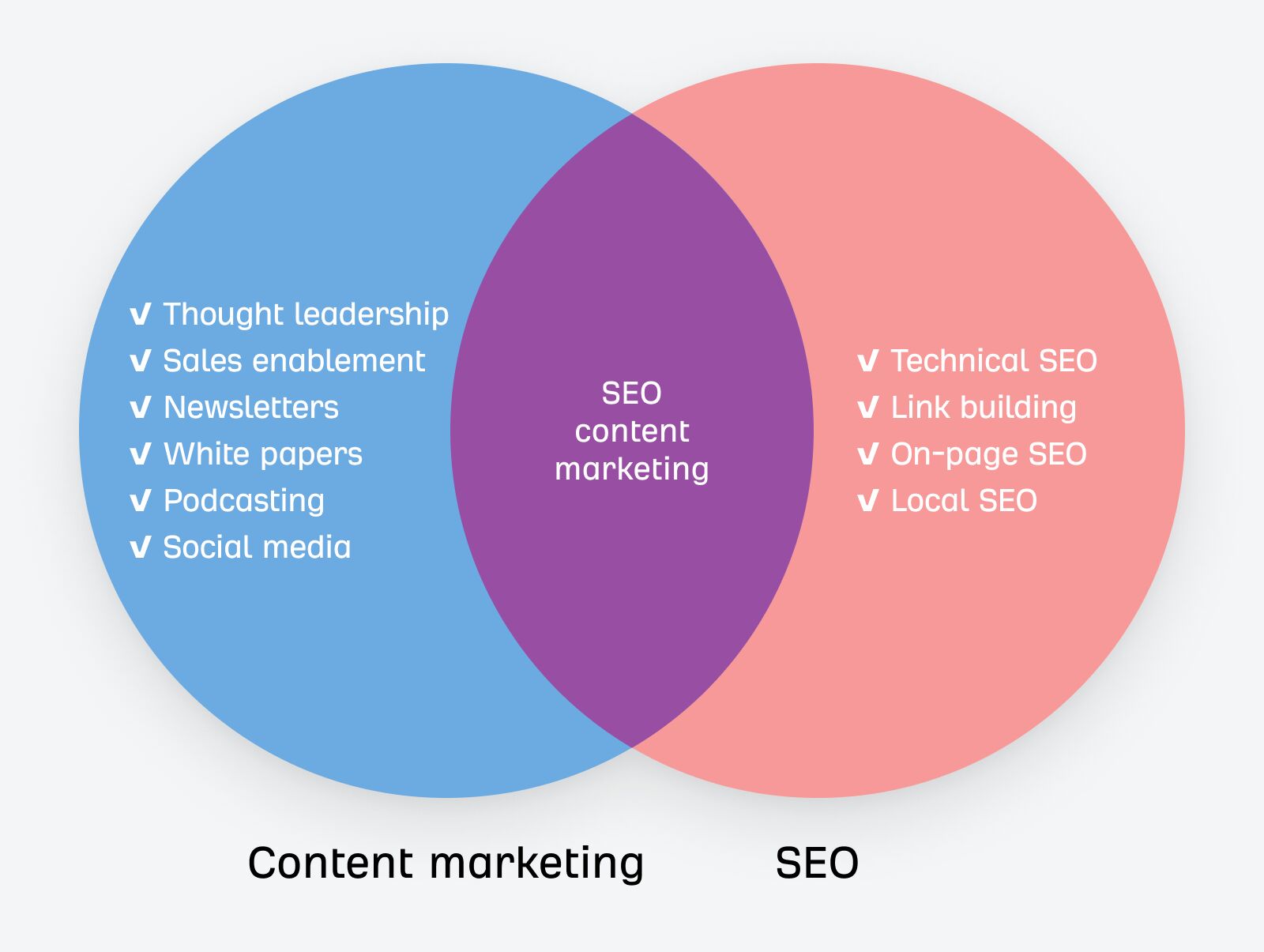There’s an old advertising slogan that goes, “You never get a second chance to make a first impression.” The same might be said of Apple Maps, which had a botched launch in 2012 and has spent “billions” trying to play catch up with Google Maps, which celebrates its 15 year anniversary next week.
Feature and usability improvements. Earlier today, Apple announced that its rebuilt Maps application is now in general availability across the U.S. and will be coming soon to Europe. The newish Apple Maps has a range of improved features and content:
- Look Around: 360-degree street-level photography, like Google Street View
- Collections: personalized places lists that can be shared
- Favorite locations: which allow for “one-tap” navigation
- Real-time transit schedules
- Sharable arrival time estimates
- More life-like Siri voice guided directions that are more intuitive
- Flight status information
- Indoor maps of airports and malls
- Flyover: 3D imagery for “more than 350 cities”
Apple Maps: before and after refresh

Google Maps the undisputed market leader. Make no mistake, all this is the result of a massive, global effort by Apple — again worth “billions,” according to the company’s 2019 Congressional testimony. Not even Microsoft has maintained the same commitment to its mapping product. And the Apple Maps user experience is in fact much improved. However, all of the above improvements are likely to be perceived as “me-too” features compared with Google Maps.
In 2015, Apple CEO Tim Cook said that Apple Maps were being used 3.5x more than “the next leading mapping app” (read: Google Maps) on the iPhone. Yet later consumer survey data (Fluent, Brandify) appear to contradict that claim — or perhaps it was once true but no longer is.
Is privacy a breakout feature? In order to truly differentiate from Google Maps, Apple Maps needs a “breakout feature” that offers either great convenience and utility or surprises and delights. (Apple should also build a version of Maps for Android.) In the absence of that, privacy could be a winning argument for a subset of users — notwithstanding Google’s recent introduction of Incognito Mode for Google Maps.
Apple said in its press release that it “has built privacy into the core of Maps. With Maps, no sign-in is required and it is not connected to an Apple ID in any way. . . Any data collected by Maps while using the app, like search terms, navigation routing and traffic information, is associated with random identifiers that continually reset to ensure the best possible experience and to improve Maps.”
Why we care. Regardless of who’s number one or number two, Apple Maps is a critical local search platform that sees more than five billion searches or lookups each week according to the company. Brands, local SEOs and retailers cannot afford to neglect or discount Apple Maps. People should also remember that Yelp is a key local content provider to Apple Maps, which makes claiming and optimizing Yelp profiles critical as well.
About The Author
Greg Sterling is a Contributing Editor to , a member of the programming team for SMX events and the VP, Market Insights at Uberall.
Content Copyrights Belong to The Author. All Rights Reserved.
We're A Dallas Digital Marketing Agency That is Experts At Social Media Marketing, Website Design and Emarketing and Promotion.




